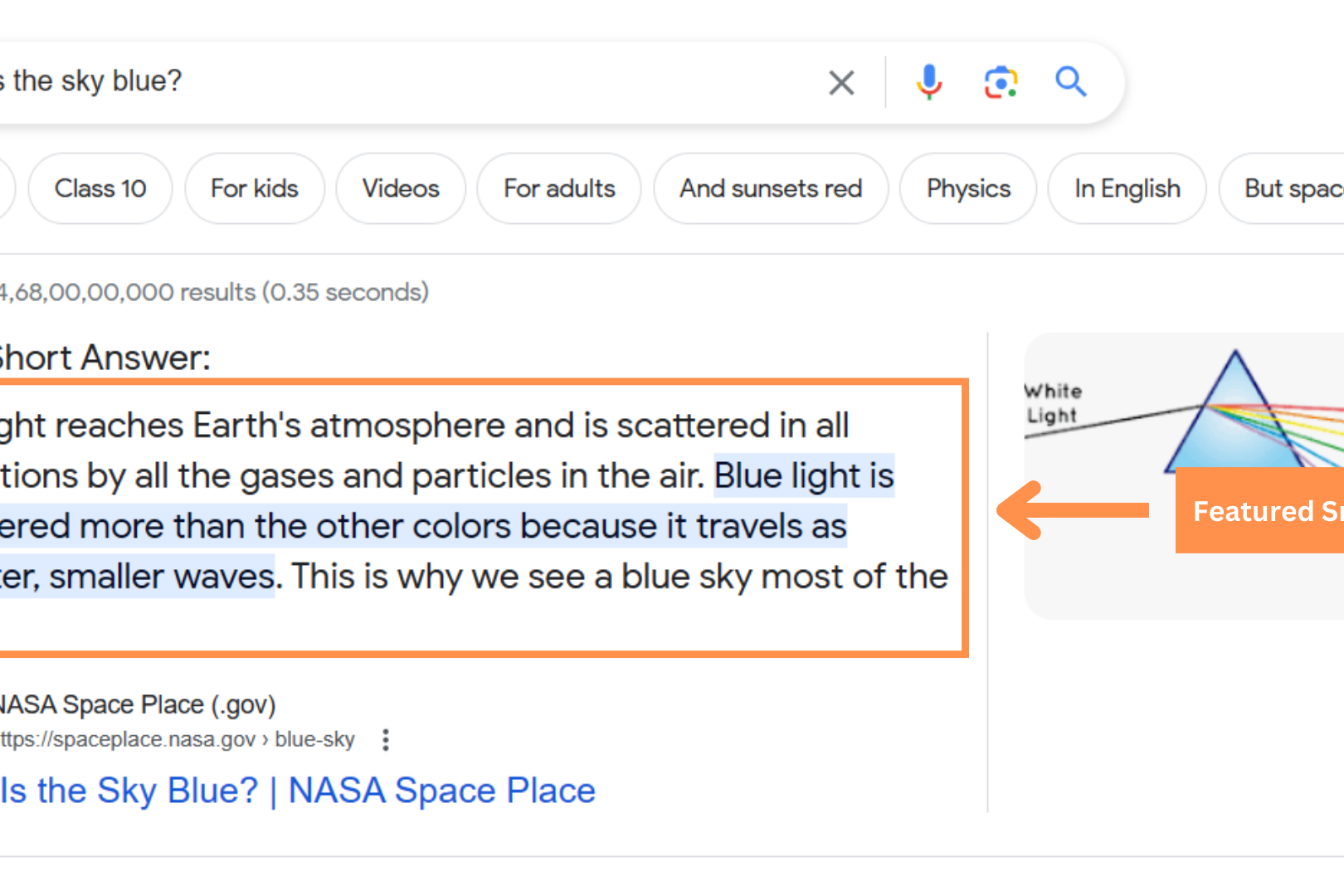An eCommerce website acts as a virtual storefront for businesses to expand their reach and increase their revenue. However, just having a website is not enough. To ensure that your eCommerce site is attracting and retaining customers, you need to optimize it for search engines. This is where an SEO audit comes in. In this blog post, we will discuss why an eCommerce site needs an SEO audit and what it entails.
Why does your eCommerce site need an SEO audit?
An SEO audit is an evaluation of your website’s ability to rank on search engines. It involves analyzing various aspects of your website, including content, technical setup, and user experience. An SEO audit is necessary for an eCommerce site for the following reasons:
Improve search engine rankings
With an SEO audit, you can identify the areas where your website needs improvement, such as keyword optimization, backlinks, and user experience. By addressing these issues, you can improve your search engine rankings and attract more traffic to your site.
Increase website traffic
Higher search engine rankings lead to increased website traffic, which can translate into more sales and revenue for your eCommerce business.
Enhance user experience
An SEO audit can help you identify technical issues that may be affecting the user experience on your website, such as slow page load times, broken links, and unoptimized images. By fixing these issues, you can enhance the user experience and improve customer satisfaction.
Stay ahead of the competition
An SEO audit can help you stay ahead of your competitors by identifying opportunities for improvement and implementing strategies to improve your website’s performance.
What does an SEO audit for an eCommerce site entail?
An SEO audit for an eCommerce site typically involves the following steps:
Technical SEO audit
This involves evaluating the technical aspects of your website, such as site speed, crawlability, and mobile-friendliness. A technical SEO audit can help identify any issues that may be hindering your website’s performance and provide recommendations for improvement.
On-page SEO audit
This involves analyzing the content on your website, including product descriptions, category pages, and blog posts. An on-page SEO audit can help identify opportunities for keyword optimization, content gaps, and other issues that may be affecting your website’s search engine rankings.
Off-page SEO audit
This involves analyzing your website’s backlink profile, social media presence, and other external factors that may be affecting your website’s performance. An off-page SEO audit can help identify opportunities for link-building and other strategies to improve your website’s authority and visibility.
User experience audit
This involves evaluating the user experience on your website, including site navigation, checkout process, and overall design. A user experience audit can help identify any issues that may be affecting customer satisfaction and provide recommendations for improvement.
Get in touch with us to improve your site’s search engine ranking
In conclusion, an SEO audit is essential for an eCommerce site to improve search engine rankings, increase website traffic, enhance user experience, and stay ahead of the competition. If you’re looking to optimize your eCommerce website for search engines, consider conducting an SEO audit from our experts at Brace Media to identify areas for improvement and implement strategies to boost your website’s performance. Contact us today!
Related Posts
August 9, 2023
What is PPC Marketing? Answered with Pros and Cons
What is Pay-Per-Click Marketing or advertising? We answer that and more with…
August 1, 2023
Featured Snippets on Google: How Do They Work and why should you care?
What are Featured Snippets and how can they improve your website's search…
July 19, 2023
Here’s Why Off-Page SEO Is Just as Important as SEO on Your Landing Page
Discover why off-page SEO is just as crucial as on-page optimization. Learn how…



